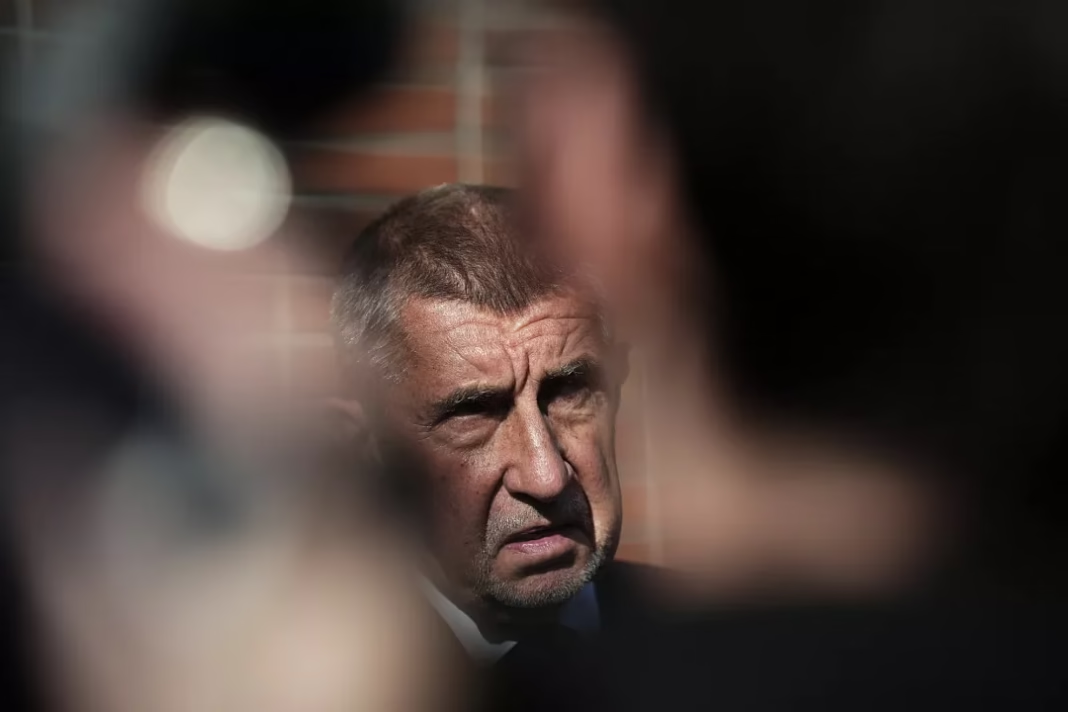Prague, Czech Republic — Voting is underway in the Czech Republic’s two-day parliamentary elections, which began Friday afternoon, to fill all 200 seats in the Chamber of Deputies, the lower house of parliament.
Polling stations opened at 2 p.m. local time, with about 8 million eligible voters expected to cast their ballots across the country.
RELATED NEWS : Moldova Heads to Crucial Parliamentary Vote Amid EU Hopes, Russian Pressure, and Economic Strains
Pre-election surveys indicate that six to seven parties could enter parliament, with the populist ANO movement, led by billionaire and former Prime Minister Andrej Babiš, emerging as the front-runner. His main rival is the Spolu (Together) coalition, led by Prime Minister Petr Fiala. Other contenders include STAN, the Pirate Party, SPD, Stacilo!, and the Motorists for Themselves Party.
In total, 26 parties and movements have fielded more than 4,400 candidates nationwide.
For the first time, Czechs living abroad can vote by mail, with around 24,000 registered postal voters by the end of August. Official results are expected Saturday evening after polls close and vote counting begins.
If Babiš secures victory, analysts say it could mark a significant shift in Czech politics, aligning the country more closely with Hungary’s Viktor Orbán and Slovakia’s Robert Fico — both leaders known for their populist stances and opposition to providing military aid to Ukraine.

Last year, Babiš, along with his ally Viktor Orbán, co-founded the new “Patriots for Europe” alliance in the European Parliament, marking a major departure from the liberal Renew group he was previously affiliated with. The Patriots have positioned themselves as staunch critics of EU policies on migration, climate change, and what they describe as Brussels’ overreach into national affairs. The group advocates for stronger protection of national sovereignty and a rebalancing of power between EU institutions and member states.
While Babiš has rejected claims that he shares the pro-Russian sympathies of some members of the alliance, his campaign rhetoric and policy priorities suggest a more cautious approach toward Ukraine. He has indicated plans to end a Czech initiative that has secured millions of artillery shells for Kyiv, and has avoided fully committing to NATO’s goal of significantly increasing defense spending.
In contrast, the current government under Petr Fiala has been one of Ukraine’s strongest supporters within the European Union, providing substantial humanitarian and military aid, including tanks and ammunition. The Czech Republic has also taken in around half a million Ukrainian refugees since the start of Russia’s full-scale invasion in 2022, earning international recognition for its response.
As the ballots are cast, the outcome will not only determine the future direction of Czech domestic politics but could also reshape the country’s role within the European Union and its stance on critical issues such as the war in Ukraine, defense policy, and the balance between nationalism and European integration.
SOURCE : EURO NEWS | Follow Us: Facebook | Instagram | Twitter | Youtube |



